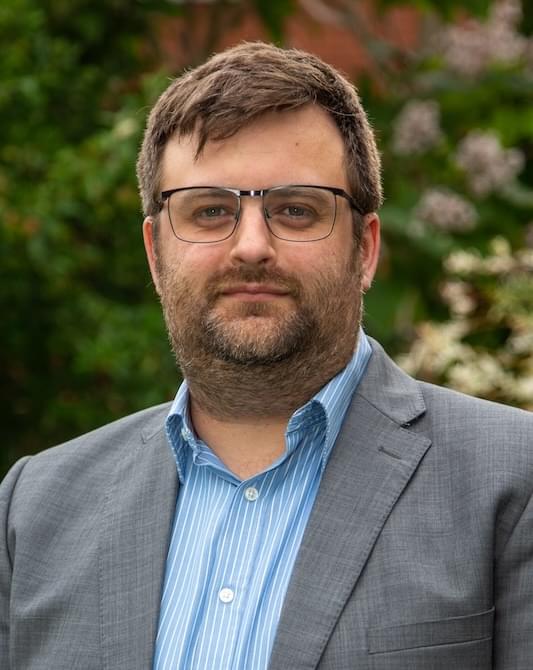
My research group focuses on the challenge of developing modern, high-performance software to solve problems in fluid mechanics, fusion, the aeronautics industry and other topics in the science and engineering fields. Our interests are highly disciplinary, lying at the intersection of computational engineering applied mathematics, and high performance computing.
Currently some of our goals focus around understanding fluid turbulence: how steady laminar flows transition to this chaotic state and how this impacts on real-world problems in the aeronautics industry. To achieve this I am developing efficient, robust and massively parallel high-order spectral element software that, together with modern computing technology, will form the next generation of computational flow simulation software.
On this website you’ll find information on what research we do, see a list of publications, seminars presented or our upcoming events, read my CV or find out a bit more about my background.
Awarded RAEng Research Chair 31st October 2024
Delighted to say that I have been awarded a Royal Academy of Engineering
Research Chair, working with the UK Atomic Energy Authority on leveraging
exascale supercomputing for computational fusion, which follows on from our work
on the NEPTUNE project. Very excited to embark on this journey for the next 5
years!
Appointment as Professor 1st August 2023
Very pleased to announce that I am now a Professor of Computational Engineering!
Many thanks to all of my students, postdocs, collaborators and colleagues for
their support in this journey.
New papers 28th February 2023
There are two new papers in the group to report. The first investigates LES
over an inverted multi-element
wing for
motorsport applications, and is published in Flow, Turbulence and
Combustion; the second investigates efficient GPU implementations for
unstructured elements and is
published in Computer Physics Communications.
Appointment as Reader 1st August 2021
I’m very pleased to say that I have been appointed as a Reader in the Department
of Engineering at King’s College London! See my profile
page for further information.
Two new publications in Computer Methods in Applied
Mechanics and Engineering 1st July 2021
Two students in the group have published their first papers in CMAME! Ed
Laughton has a paper out on different interpolation techniques for
non-conformal discontinuous Galerkin
methods. Mikkel
Lykkegaard has his first paper on using deep neural networks for uncertantity
quantification of groundwater
flow. Well
done both for all of your hard work!
New funded project: ELEMENT 1st April 2020
I’m very pleased to announce that we have received funding from EPSRC to form
ELEMENT: the exascale mesh
network. In
this project we will work towards addressing the high-priority use case of mesh
generation and adaption. This project forms one of the use cases under phase 1
of the strategic priorities fund ExCALBIUR
programme.
New paper in SIAM Journal on Scientific Computing 25th March 2020
Very happy to say that my collaborators Roman Amici and Mike Kirby have a new
paper to appear in
SISC. We investigate
the performance and potential for matrix-free solvers at high-order on the
hybrid meshes needed to represent complex configurations and geometries, by
exploiting vectorisation that is found on modern CPU hardware. With this
approach we’re able to obtain 50-70\% of the peak performance on modern hardware.
New paper in Computer Physics Communications 22nd February 2020
Together with my collaborators Jan Eichstadt and Joaquim Peiro, we have a new
paper that discusses performance portable implementations of implicit
high-order solvers,
and the influence of algorithmic choices under programming models such as
OpenMP, OpenACC and Kokkos.